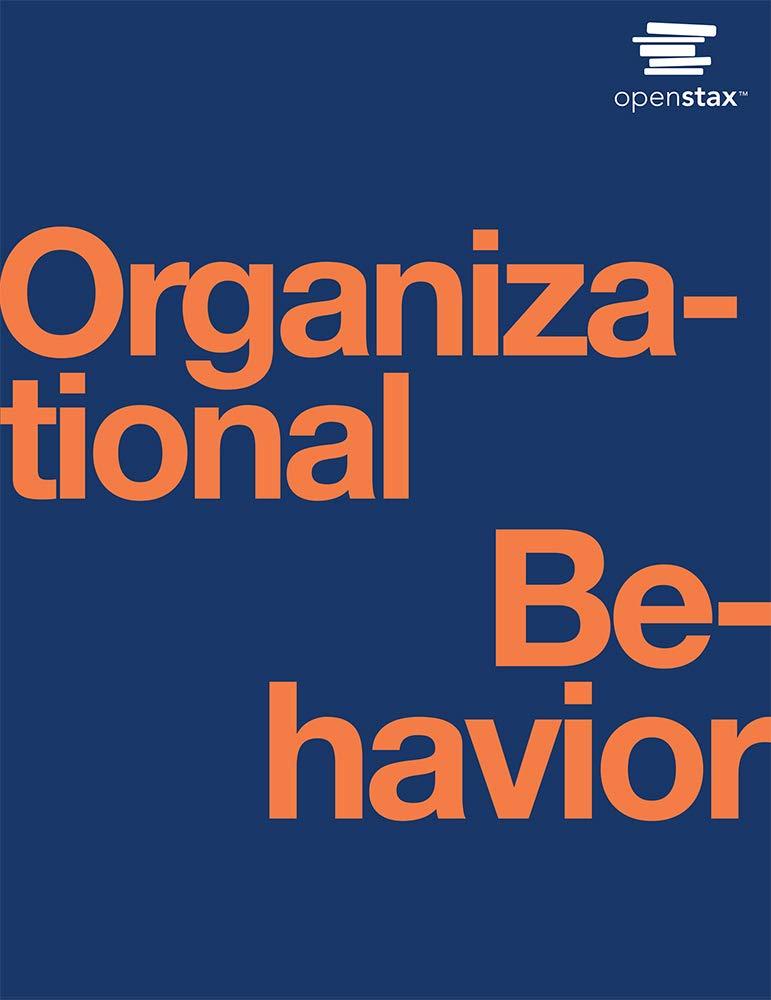Whatever their perspective, most people have a cause that they are passionate about. Bitcoin or net neutrality,
Question:
Whatever their perspective, most people have a cause that they are passionate about. Bitcoin or net neutrality, sea levels or factory farming—social causes bind us to a larger context or assume a higher purpose for living better.
So what motivates employees to give their all, work creatively, and be fully engaged? According to CB Bhattacharya, the Pietro Ferrero Chair in Sustainability at ESMT European School of Management and Technology in Berlin, Germany, employment engagement, or how positive employees feel about their current job, was at an all-time low globally in 2016: 13 percent. But not all companies battle such low engagement rates. Unilever employees more than 170,000 workers globally and has an employ engagement level around 80 percent. How? Bhattacharya credits the success of Unilever, and other companies with similar engagement levels, to an emphasis on a “sustainable business model.” He outlines eight steps that companies take to move sustainability and social responsibility from buzzwords to a company mission capable of motivating employees (Knowledge @ Wharton 2016).
According to Bhattacharya, a company needs to first define what it does and its long-term purpose, and then reconcile its sustainability goals with its economic goals. With its purpose and goals defined, it can then educate the workforce on sustainable methods to create knowledge and competence. Champions for the effort must be found throughout the organization, not just at the top. Competition should be encouraged among employees to find and embrace new goals. Sustainability should be visible both within and outside the company. Sustainability should be tied to a higher purpose and foster a sense of unity not simply among employees, but even with competition at a societal level (Knowledge @ Wharton 2016).
Other companies have made social responsibility an everyday part of what they do. Launched in 2013, Bombas is the brain child of Randy Goldberg and David Heath. Goldberg and Heath discovered that socks are the most-requested clothing at homeless shelters. In response, the two entrepreneurs launched a line of socks that not only “reinvents” the sock (they claim), but also helps those in need. For each pair of socks purchased, the company donates a pair of socks to someone in need (Mulvey 2017).
According to the company website, “Bombas exists to help solve this problem, to support the homeless community, and to bring awareness to an under-publicized problem in the United States” (n.p.). Although the New York–based company is still growing, as of October 2017 Bombas had donated more than four million pairs of socks (Bombas 2017).
In 2016, the Royal Bank of Scotland (RBS) launched a pilot program called Jump in which employees participated in challenges on ways to save water and electricity, as well as other sustainability issues. At the end of the pilot, 95 percent of the employees reported that they felt the program had contributed to employee engagement, team building, and environmental stability. Given the success of the program, in 2017 it was expanded to all RBS sites and a smartphone app was added to help employees participate in the challenges (Barton 2017).
Placing a company in a larger context and adding a second, higher purpose than the established company goals motivates employees to police the company itself to be a better global citizen. Companies benefit from reduced waste and increased employee engagement. Many companies are successfully motivating their staff, and working toward more sustainable practices, while improving lives directly.
1. Do you think social responsibility to promote sustainable practices? Why or why not?
2. Do you think most companies’ CSR programs are essentially PR gimmicks? Why or why not? Give examples.
Step by Step Answer:






